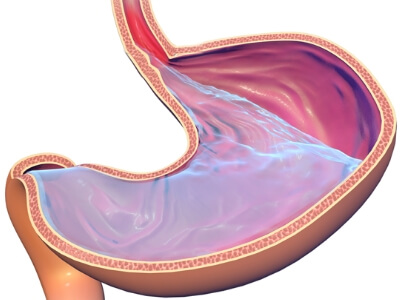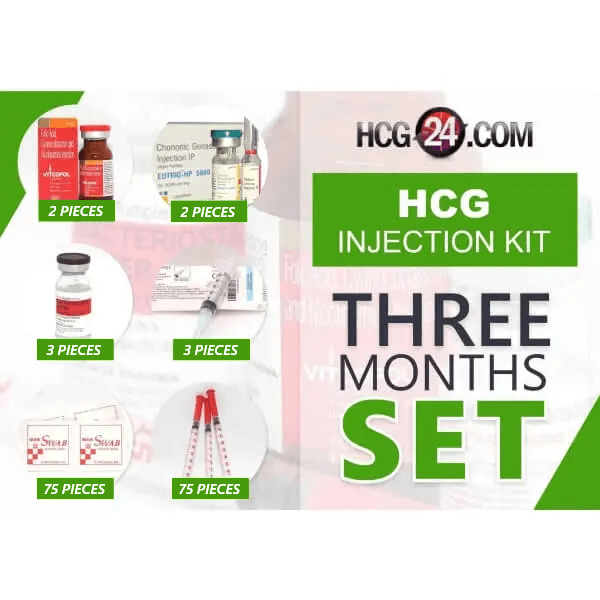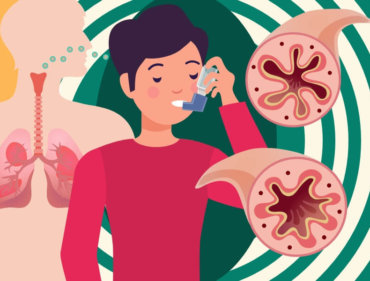GERD or Gastroesophageal Reflux Disease is a digestive disorder that affects the ring of the muscle between the muscle of your esophagus and stomach. It occurs when stomach acid frequently flows back into the tube connecting your mouth and stomach. GERD is mild acid reflux that occurs at least twice a week, or moderate to severe acid reflux that occurs at least once a week.
Does Obesity Contribute to GERD?
Obesity is the biggest factor associated with GERD. If you have obesity, you are nearly three times more likely than people of normal weight to develop acid reflux. Excess weight may also cause symptoms to be extra uncomfortable. Obesity increases the risk of GERD, at least partly, by increasing esophageal acid exposure.

Symptoms of GERD
- A burning sensation in your chest after eating
- Heartburn at night
- Difficulty swallowing
- Chest pain
- Regurgitation of food or sour liquid
- A sensation of a lump in your throat
Acid reflux during the night may also cause:
- Chronic cough
- Laryngitis
- Worsening asthma
- Disrupted sleep
Seek immediate help if GERD symptoms cause:
- Severe and frequent heartburn
- Shortness of breath
- Pain in the jaw
- The onset of heart attack symptoms
- Persistent pain regardless of taking over the counter medications

What Causes GERD?
GERD is caused by frequent acid reflux. The band of muscle surrounding the bottom of your esophagus relaxes as you swallow to allow food and liquids to pass into your stomach. When the sphincter relaxes or weakens, stomach acid can flow back up into your esophagus. As acid continuously backwashes into your esophagus, it irritates the lining, often causing it to become inflamed.
Treatment for GERD
Your doctor is likely to recommend that you first try lifestyle modifications and over-the-counter medications. You may need prescription medication or surgery if you don’t feel better within a few weeks. The over-the-counter medicine options may include antacids that neutralize the stomach acids. H-2 receptor blockers can also help to reduce acid production. Doctors may also recommend OTC Medications that block acid production and heal the esophagus.
Does Weight Loss Treat GERD?
Losing weight is one of the best lifestyle changes you can make to help reduce heartburn, as well as your risk for other health complications. If you have GERD, make sure you stick with your treatment plan to avoid esophageal damage. Seek more advice from your doctor when planning a diet regimen to prevent worsening the condition.
Diet Tips and Lifestyle Changes to Treat GERD
- Avoid large meals because it can put pressure on the stomach.
- Avoid sitting down or slouching after eating as it puts pressure on the stomach.
- Avoid eating foods 3 hours before bedtime as it is more likely to cause stomach acid release. Eat slowly and choose fiber-rich foods.
- Quit smoking and maintain a healthy diet to balance the stomach acids and prevent heartburn.
HCG Diet for Obesity-related GERD
Good health is not about the absence of illnesses but also a healthy mental and physical state. It means that you have a balanced diet and an active body. Following the HCG Diet protocol reduces your risk of obesity-related diseases including issues on GERD. The proper meal plan and healthy food choices during the HCG diet boost weight loss and improves your dietary choices.






















